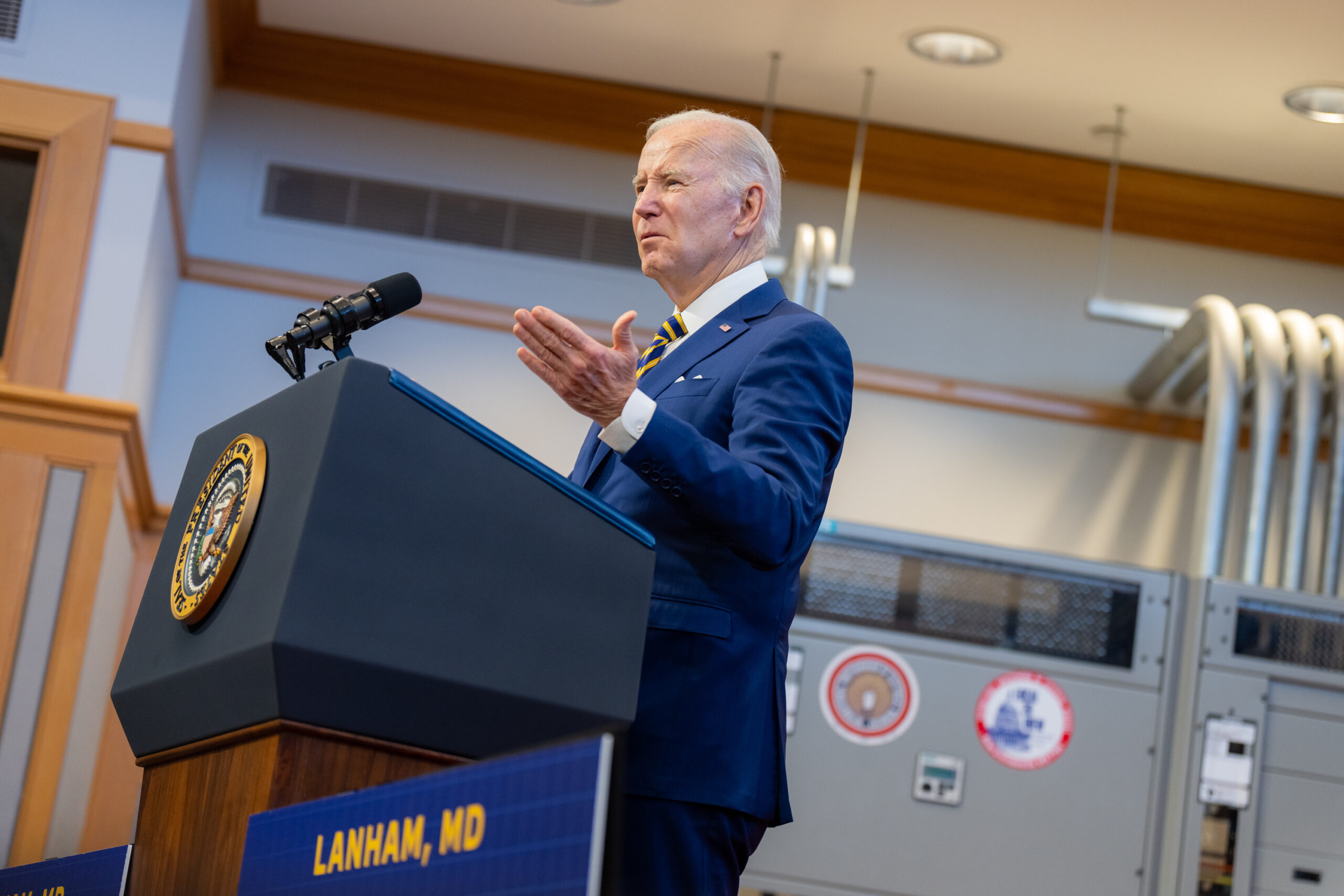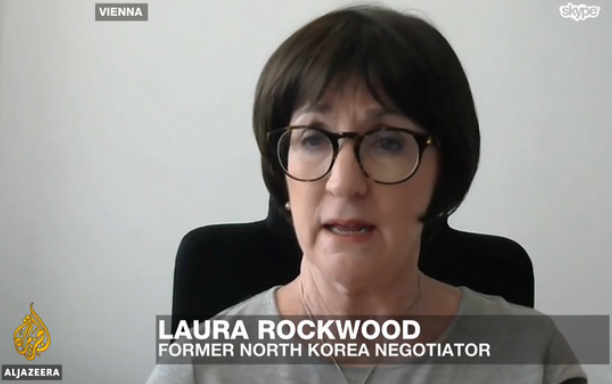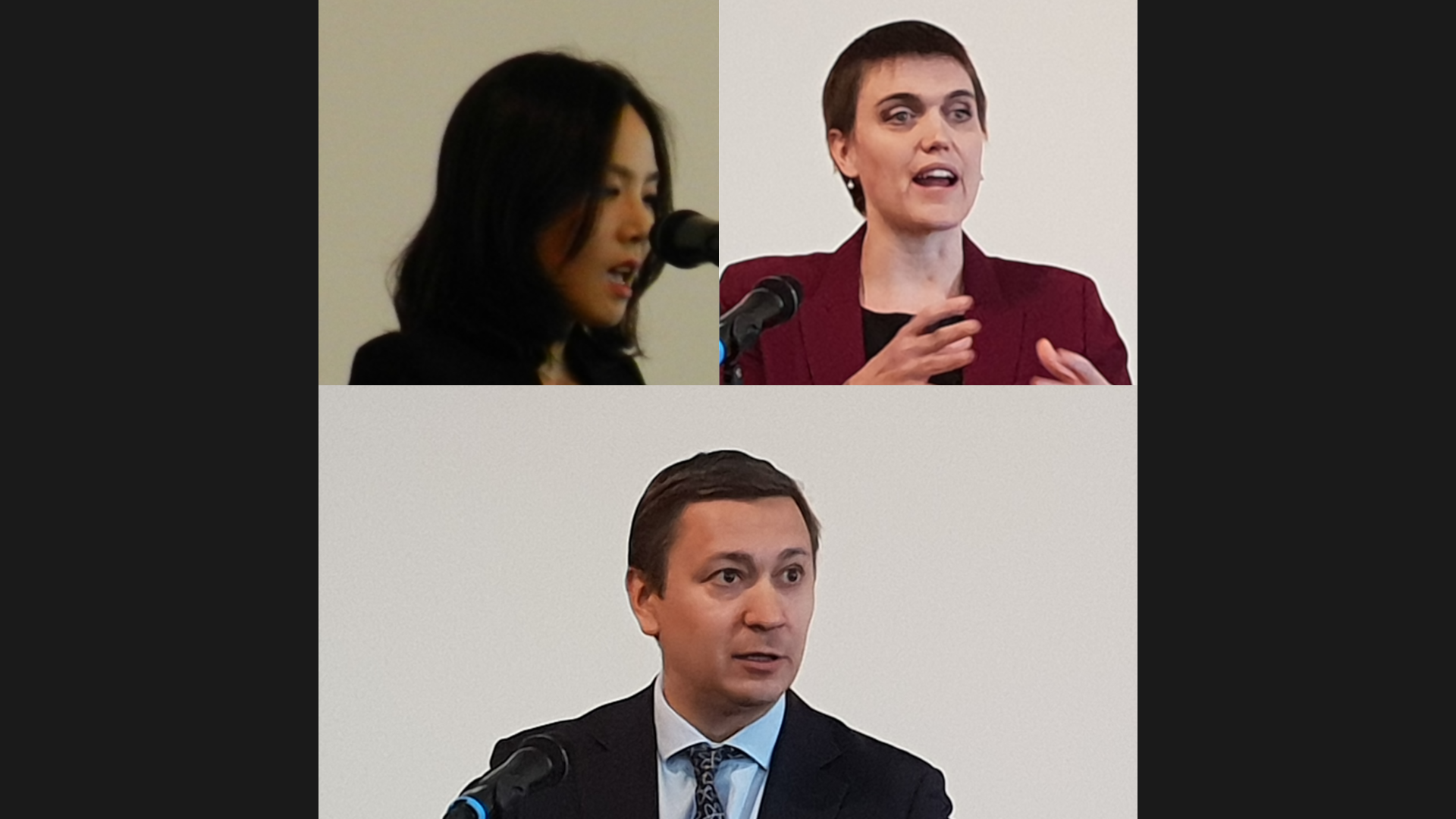
The summits in Singapore and Panmunjom have inspired new confidence that resolution of the nuclear disputes on the Korean Peninsula may be possible. On the other hand, the tense statements between the leaders of North Korea and the United States preceding the summits have inspired doubt. On 2 October 2018, the VCDNP hosted a panel discussion to unpack both the hopes and fears in connection with the nuclear situation on the Korean Peninsula. Among the participants were Anton Khlopkov, Director of the Center for Energy and Security Studies in Moscow, Kelsey Davenport, Director for Nonproliferation Policy of the Arms Control Association in Washington, D.C., and Jina Kim, Research Fellow at the Korea Institute for Defense Analysis in Seoul. The discussion was moderated by VCDNP Executive Director Laura Rockwood.
During Ms. Rockwood’s opening remarks, she referenced the 1994 US-Democratic People’s Republic of Korea (DPRK) Agreed Framework, the Six-Party Talks of the 2000s, the 2012 Leap Year Accord and other attempts to reach agreement on the denuclearization of the Korean Peninsula. She posed the question to the speakers as to what could be done to secure progress on the evolving crisis.
First to answer this question was Anton Khlopkov, who offered eight observations:
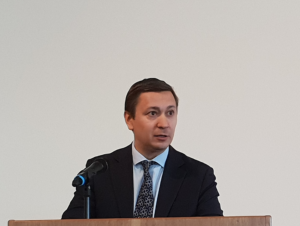
When compared with the situation more than nine months ago, the Korean Peninsula is a much more stable place. At that time, both the United States and North Korea were on extreme levels of high alert, DPRK authorities were actively working on emergency preparedness policy and the United States was considering withdrawing diplomatic families from Seoul for fear of nuclear conflict. Since the Olympic Games in PyeongChang, the situation has relaxed.
Kelsey Davenport spoke next and reiterated Mr. Khlopkov’s assertion that diplomatic progress had been observed. She also agreed that events following the Singapore Summit had shown a lapse in such progress and offered five of her own observations on the state of play.
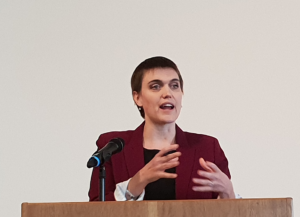
The final speaker was Jina Kim, who offered her views on the state of play on the Korean Peninsula. When the DPRK began to express the desire to negotiate denuclearization, many doubted its commitment, said Ms. Kim. She offered four hypotheses about this development.
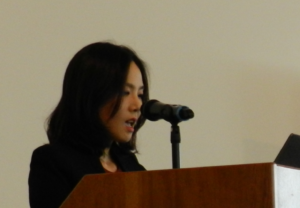
The DPRK agreed to negotiate denuclearization because it could no longer endure the sanctions imposed by the United Nations and the United States.
As Ms. Kim explained her hypotheses, she characterized the complexity surrounding the nuclear situation on the Korean Peninsula. She emphasized that dialogue was a good thing and should continue. However, she cautioned against “talks for the sake of talks,” which could become toxic if they were to go on for too long. While there is not yet consensus on what should happen next, Ms. Kim pointed out that North Korea clearly had an agenda for moving forward, as evidenced by its assertion that the standing armistice between North and South Korea should be made into a true peace treaty. Whatever the case may be, said Ms. Kim, she agreed with Mr. Khlopkov and Ms. Davenport that all parties should have a clear understanding of what they mean by denuclearization so that negotiations can be pursued with a cooperative spirit.
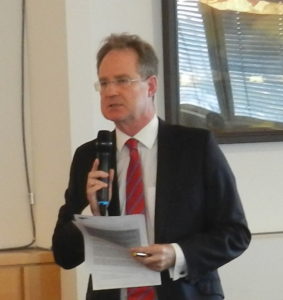
Following the panelists’ remarks, former British Ambassador to the DPRK David Slinn offered his observations on what might be expected going forward. He said that although he had no problem with international efforts to negotiate with Pyongyang, he was not optimistic about the prospects of early denuclearization because Kim Jong Un would conclude that he had little incentive to do so. He observed that North Korea might see itself on its way towards several long-term objectives that in its view would underpin its security and survival. North Korea had long wanted to be regarded by the international community as a nuclear-weapon State and the respectability that it thought would come with that. Ambassador Slinn observed that Kim Jong Un was a more skillful operator in the international setting than his father had been and might conclude that these objectives were within reach.
